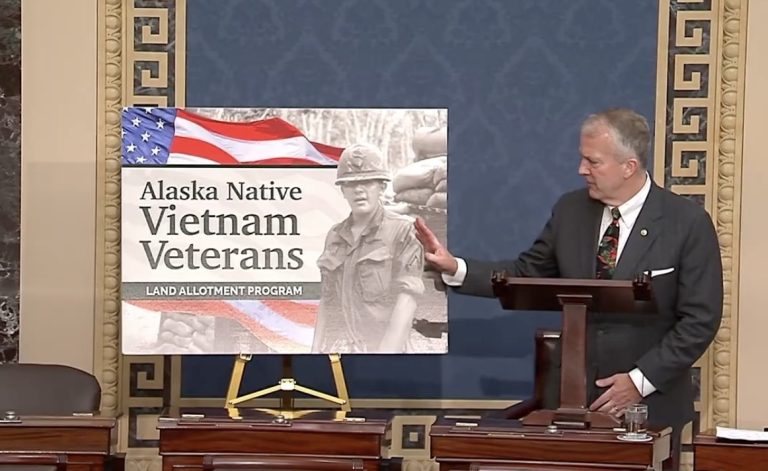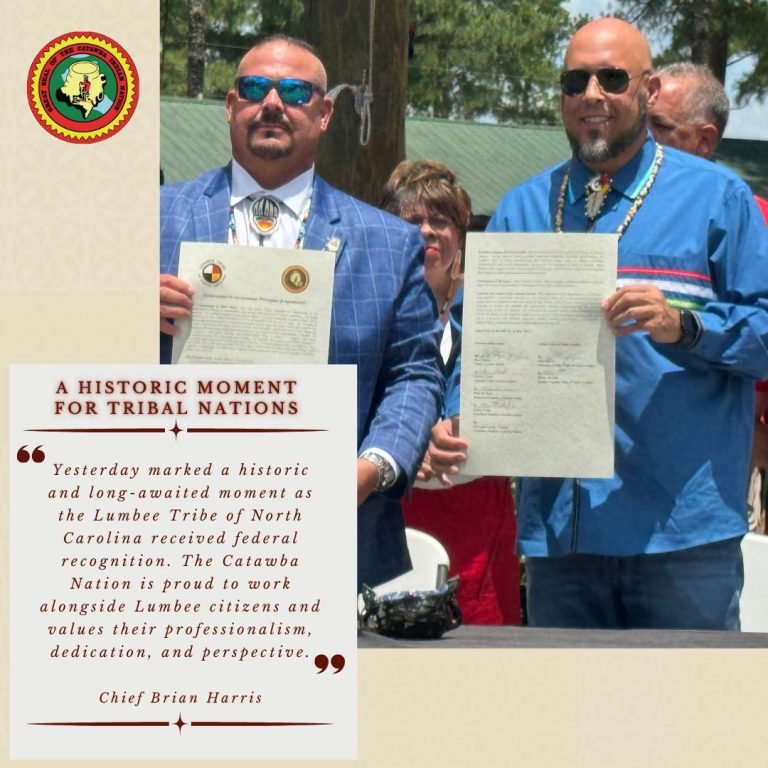Podcast: Play in new window | Download | Embed
Photo: An Edison exit poll questionnaire. (Steve Rhodes / Flickr)
Four major Native American groups are criticizing the presentation of Native voters in exit polls for this year’s presidential campaign.
As KLCC’s Brian Bull reports, they say the data is misleading and potentially harmful.
In a joint release, the groups say exit poll data from Edison Research for the National Election Pool is concerning, given limits in scope and methodology.
They say the sampling of 229 Native Americans does not reflect the diversity of Indian Country, and add that exit polling was done at only 279 polling places on Election Day, and 27 early in-person voting sites. And none were held on tribal lands.
“The numbers weren’t quite adding up for us.”
Michael Johnson is president of IllumiNative.
He says earlier work done with the Native Organizers Alliance on what’s called the Indigenous Futures Survey showed different results from the Edison-NEP research.
“While 48% of our community aligned with liberal ideologies, 52% of our community considered themselves moderate, conservative, or had no alignment to a party. And when we started seeing the exit poll from Edison-NEP, this didn’t seem to square with data we had done in our own community.”
But many major news outlets went with Edison-NEP’s findings, which showed 34% of Native voters in key battleground states identifying as left-leaning, and 65% as right-leaning.
Johnson says this is inaccurate, and harmful.
“The pervasiveness of misinformation creates a bias towards things that we don’t know or communities that we’re not a part of. And adds to the stereotypes, biases, and miseducation, and stands in the way of solidarity for all of our communities.”
The other two groups contesting the Edison Research-NEP data are the Native American Rights Fund and the National Congress of American Indians.
In a statement, Edison Research tells National Native News that given factors like the small sample size and the potential sampling error, the survey data should not be taken as a definitive word on the American Indian vote.
Johnson says he’s looking forward to a collaborative effort to tackle misrepresentation in polling, which would include more intensive tracking of Native voters at voting sites across Indian Country. He says this will help fight the plague of misinformation that harms nations.

A post marks where Enbridge’s Line 5 crosses the reservation of the Bad River Band of Lake Superior Chippewa on Friday, June 24, 2022. (Photo: Danielle Kaeding / WPR)
After securing key state permits, hurdles remain for a Canadian energy firm’s plan to reroute an oil and gas pipeline around the Bad River tribe’s reservation in Wisconsin.
As Danielle Kaeding reports, that includes renewed calls from tribal leaders to shut down Enbridge’s Line 5.
Bad River Tribal Vice Chair Patrick Bigboy says he’s shocked and upset with the state’s decision to grant permits for Enbridge’s reroute.
The company proposed a new 41-mile segment around the tribe’s reservation after the band sued the company to shut down and remove Line 5 from its lands. Bigboy says he wants the pipeline completely out of the Bad River watershed.
“It’s now at the headwaters, which compromises more of the reservation and the waterways, wetlands, all the things that are in line with the river and the flow of the water.”
Bigboy says the federal government should uphold the tribe’s treaty rights and water quality standards and deny federal approval of the project.
Enbridge’s Midwest operations director Paul Eberth says federal regulators will determine if its reroute poses impacts downstream.
“We expect to be able to, like we did with the state, meet the conditions in order to be able to secure a permit.”
An attorney for the tribe says they’re evaluating next steps for a legal challenge.

Courtesy NZ Parliament
This week, tens of thousands of people demonstrated outside the New Zealand Parliament to oppose a bill Māori people say threatens their rights.
Reuters reports the bill was introduced this month by members of parliament who want to reinterpret a more than 180-year-old treaty signed between Indigenous people and the British.
Videos across social media show people holding Māori flags and speakers talking about Indigenous rights, culture, and solidarity.
The demonstration came days after an Indigenous lawmaker started a haka in parliament to protest the bill.
Get National Native News delivered to your inbox daily. Sign up for our daily newsletter today.



